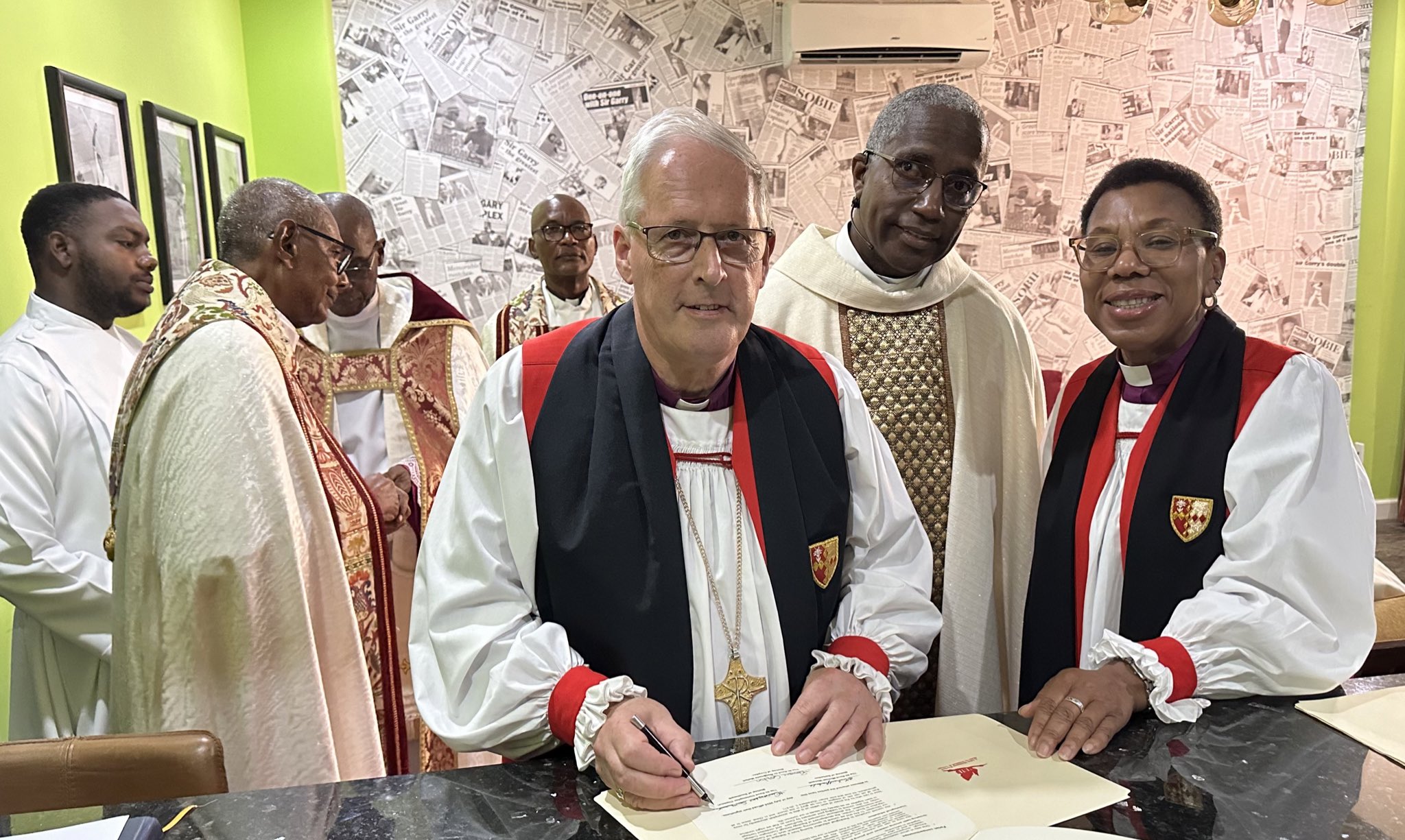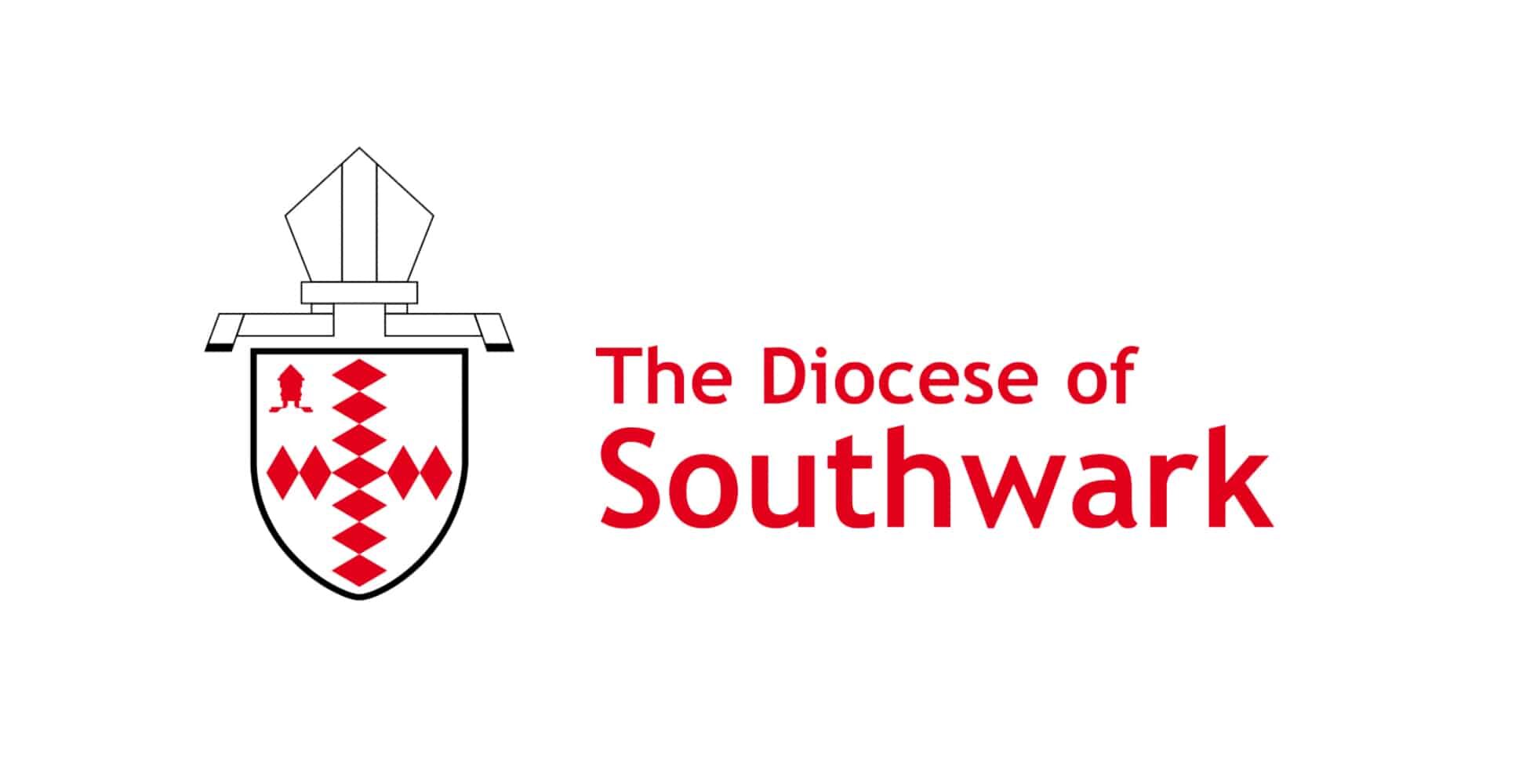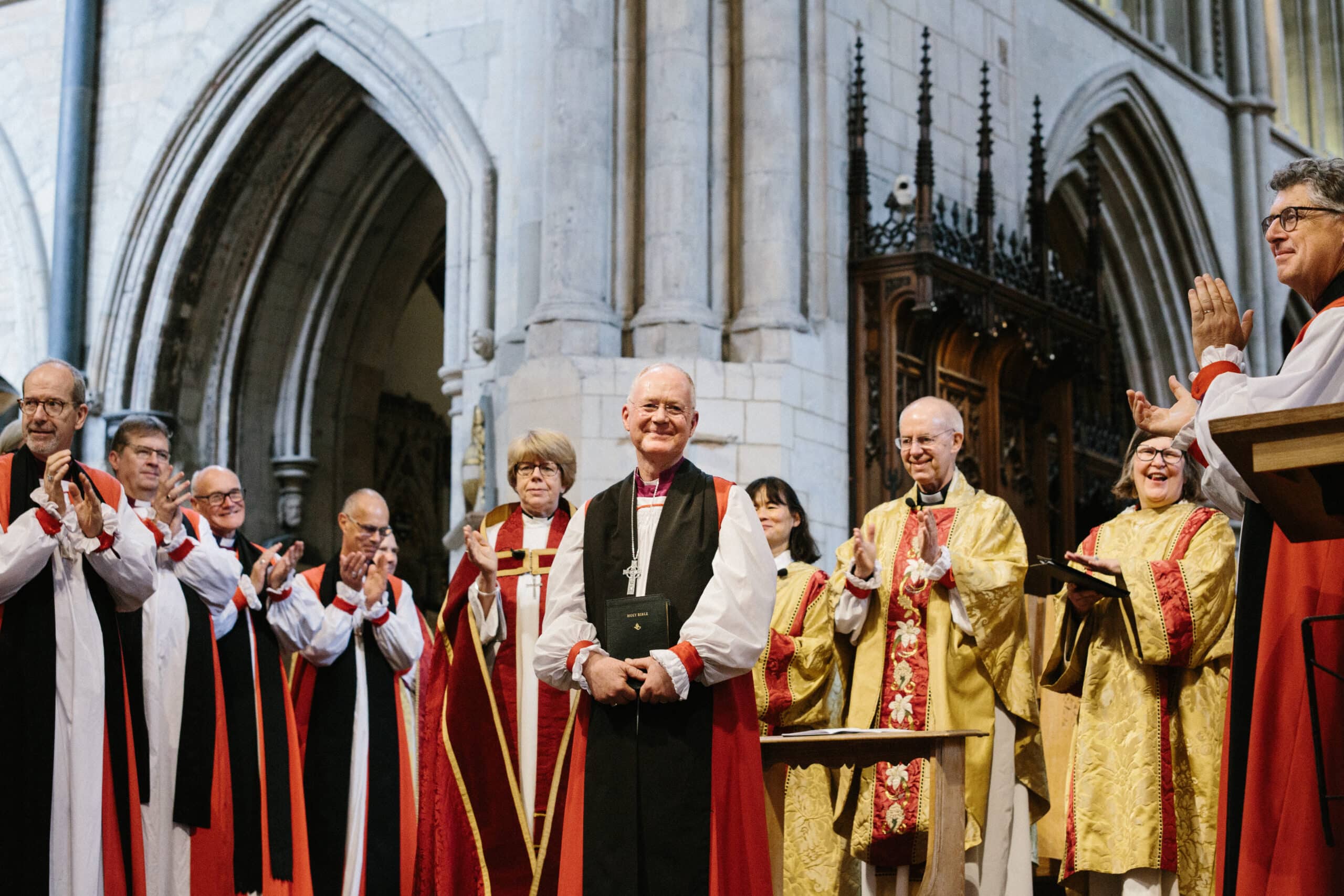Trinity House colleagues share their favourite books
Many of us have seen it or been it, that parent in the supermarket looking for that outfit to match a story for world book day.
I recently saw someone doing an Instagram post sharing how parents are stressed out and maxed out financially by many costume-based days.
World book day is an encouragement of the power and wonder of books to inspire the imagination. We are in a time where libraries are closing or reducing their hours as demand decreases. But libraries give opportunities for families to access free books, story times as well as give access to computers and information.
Low literacy is a growing problem, literacy is defined as the ability to read and write.
In England 16.4% of adults, or 7.1 million people, have “very poor literacy skills.” They would be described as functionally illiterate, meaning they can only read and understand short, basic text on familiar text.
Tips for writing in an accessible way
This World Book Day, when we celebrate the joy of reading, we also want to give you tips for writing in an accessible way that includes people with low literacy levels:
- Write like you speak: write in clear English and use the present active tense where you can. It’s easier to understand, and kinder to everyone.
- Write shorter (and fewer) sentences: when was the last time you read a letter in full? Most people skim read, so writing less saves you and them time. It also makes things easier to read and reduces miscommunication. Imagine each word cost you £5 and it’s amazing how much briefer you can be.
- Use less jargon: not everyone is familiar with church vocabulary or abbreviations, so think about who you are writing to, and if you are sure they will understand what you are saying.
Cost of literacy crisis
It is said that we have a cost of literacy crisis. Having low literacy can affect confidence as well as ability to access key information and completing documents. Many may not get important resources or support because they simply can’t face the paperwork. Low literacy also poses challenges for children accessing the curriculum, which can affect their outcomes.
As we celebrate the joy and wonder of books it is a good time to support both children and adults in our communities, schools and parishes to improve their literacy.
- Could you support without judgement an adult who may need some help with their literacy or read through a form.
- Could you share or provide resources like the ones from the Book Trust and National Literacy Trust at your community initiatives.
- Could you look at the documents provided by your church to make sure they are accessible.
Both the National Literacy Trust and the Adult Literacy Trust have excellent resources to help build literacy. The National Literacy Trust also has various bilingual resources and resources in hard copy that can be accessed.
Support your local libraries
Libraries are great hubs and community spaces, not only do they give access to books and places to study especially where individuals may not have space or resources for example computers, Wi-Fi and activities. Could you take your toddler group, children can get their own library card?
Wandsworth Lambeth Merton Surrey Croydon Southwark Greenwich Lewisham






